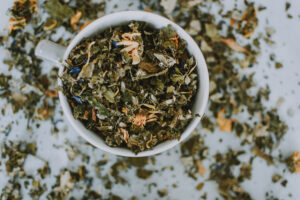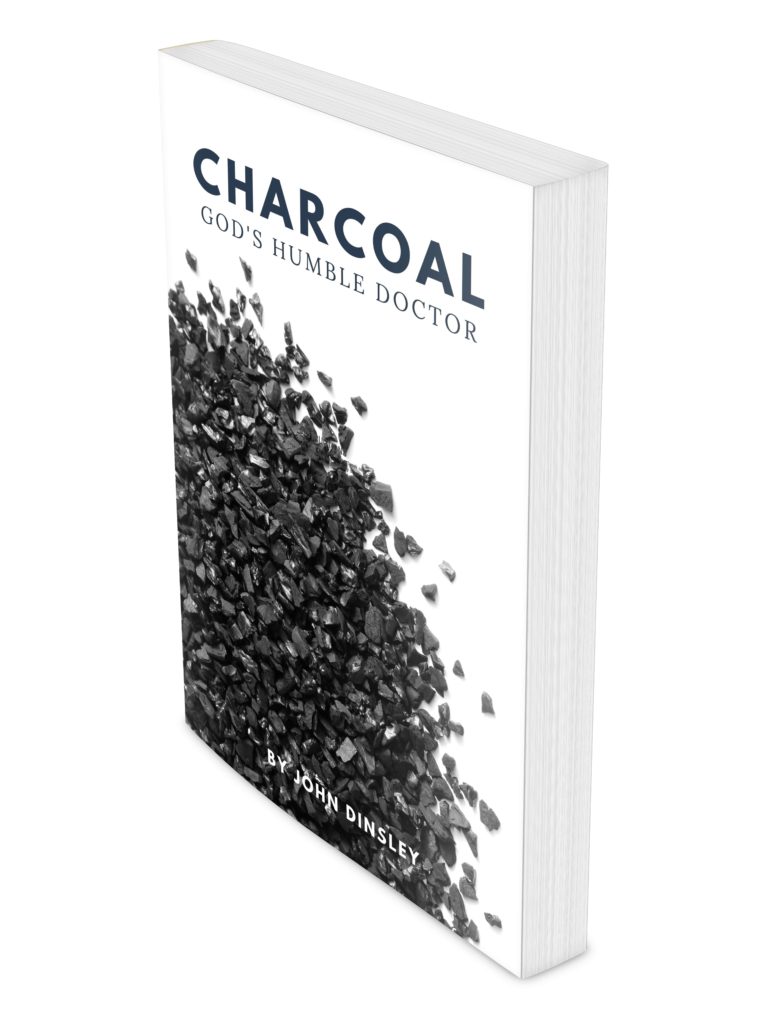Buchu Leaf
 Buchu Leaf is native to South Africa. The indigenous people of South Africa used buchu leaves and the oil of Buchu for hundreds of years. The medicinal use of this plant is part of the cultural heritage of the Khoisan, who chew the leaves to relieve stomach problems and mix the leaves with sheep fat as an ointment to treat wounds. In the 17th century, when Dutch colonists settled in South Africa they learned about the herb from the natives and adopted Buchu Leaf for urinary tract infections, kidney stones, cholera, muscle aches and also made a brandy from it, which was consumed as a digestive tonic. It was first exported to Europe as a medicine in the early 1800’s.
Buchu Leaf is native to South Africa. The indigenous people of South Africa used buchu leaves and the oil of Buchu for hundreds of years. The medicinal use of this plant is part of the cultural heritage of the Khoisan, who chew the leaves to relieve stomach problems and mix the leaves with sheep fat as an ointment to treat wounds. In the 17th century, when Dutch colonists settled in South Africa they learned about the herb from the natives and adopted Buchu Leaf for urinary tract infections, kidney stones, cholera, muscle aches and also made a brandy from it, which was consumed as a digestive tonic. It was first exported to Europe as a medicine in the early 1800’s.
Buchu Leaf is used in the perfume, cosmetic, tea and aromatherapy industries. In the food industry, it is used as a natural flavouring (black current flavouring in foodstuffs). It is also said to be a useful urinary antiseptic, providing relief particularly for burning during urination, and has diuretic properties. Buchu is one of the best remedies for urinary diseases (especially chronic vesical catarrh) and haematuria. It is useful for stoppage of urine and any infection of the genito-urinary system, inflammation of the bladder, dropsy, cystitis, dysuria and urethritis. The leaves contain an oil that increases urine production. It is also used to treat prostatitis, high blood pressure, congenital heart failure, stomach aches, cholera, nausea, vomiting and indigestion. Buchu Leaf is also useful for the treatment of Premenstrual Syndrome and relieves the bloating associated with PMS.
Buchu Leaf is noticeably helpful when drunk as a tea, for urinary tract infections, mild digestive disturbances or to lose weight. The tea is also said to be an effective treatment for gout, arthritis and rheumatism when taken twice daily.
Buchu Leaf is also one of the ancient treatments for infections of the prostate gland, and is also used as a remedy for high blood pressure and congenital heart failure. Fishermen rub Buchu twigs between their hands to remove the smell of fish and campers rub their bedding with the twigs to keep ants and mosquitoes away. Some of the Buchu species are said to contain an agent which blocks out ultraviolet light and therefore may be a useful sunscreen.
Buchu Leaf provides a potent flavourant, which has the same function as salt, but without the side effects. It is thus a flavor enhancer, binder and fixative. As such, it is in high demand, as it is used to enhance the flavor of berry-based cool drinks.
Buchu Leaf FAQs
Buchu is one of the best remedies for urinary diseases (especially chronic vesical catarrh) and haematuria. It is useful for stoppage of urine and any infection of the genito-urinary system, inflammation of the bladder, dropsy, cystitis, dysuria and urethritis. The leaves contain an oil that increases urine production.
Buchu Leaf is also one of the ancient treatments for infections of the prostate gland, and is also used as a remedy for high blood pressure and congenital heart failure.
Buchu Leaf is noticeably helpful when drunk as a tea, for urinary tract infections, mild digestive disturbances or to lose weight. The tea is also said to be an effective treatment for gout, arthritis and rheumatism when taken twice daily.

John Dinsley
Born in British Columbia, Canada, John Dinsley has lived, and worked from South America to the North Pole, from Nova Scotia to Nepal. He is trained as a lifestyle counselor, teaches public health programs, home remedies workshops, and has operated a family care home. He and his wife Kimberly are the owners of Charcoal House LLC. They often travel together across the U.S. and internationally to conduct charcoal workshops. He is a carpenter by trade, has managed an organic market garden business, and volunteered in overseas development work. When he is not building, teaching or gardening, he enjoys writing.


